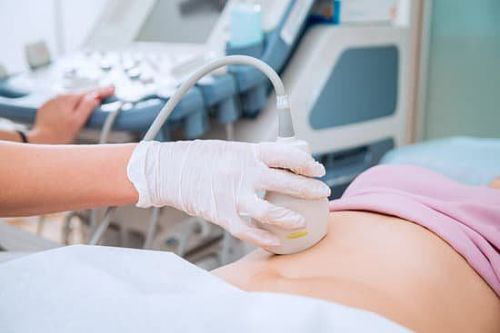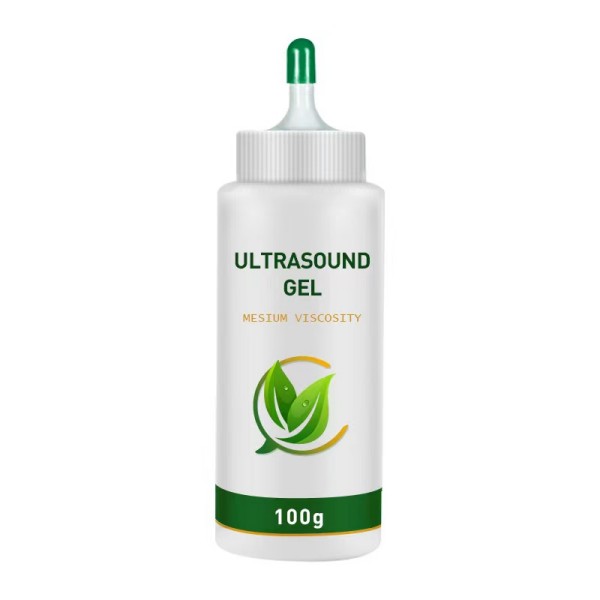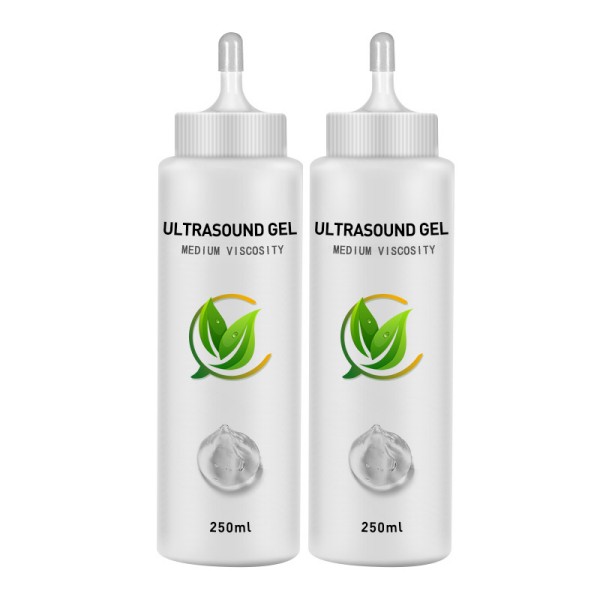The medical ultrasound gel is not "one viscosity fits all." Different clinical examination sites, different types of ultrasound probes, and even different operator habits may have different requirements for the viscosity (thickness) of the coupling agent. For example, large-area abdominal examinations may prefer medium-low viscosity that is easy to spread, while cardiac examinations that require long-term probe fixation or examinations of inclined sites that are easy to flow may require high viscosity to maintain stable coupling.

Viscosity is a measure of a fluid's resistance to flow. For ultrasound gel, it directly affects the product's spreadability, adhesion, handling feel, and the time to maintain effective coupling. Pingchuang Medical can stably produce ultrasound gel with different target viscosity ranges by precisely controlling the types and amounts of thickeners (such as carbomer, cellulose ether, etc.) in the formula and optimizing the production process.
The viscosity options provided by Pingchuang Medical usually cover: Low Viscosity: Similar to a thinner liquid, it has excellent spreadability, is easy to apply, and is suitable for rapid, large-area examinations, such as abdominal and obstetric routine examinations. However, its adhesion is relatively weak, and it may be prone to flow in inclined areas. Medium Viscosity: This is the most commonly used and most versatile viscosity grade, achieving a good balance between spreadability, adhesion, and handling feel. It is suitable for most routine ultrasound examinations, such as thyroid, breast, and extremity vascular examinations.

High Viscosity: It has a thicker texture, poor fluidity, and strong adhesion, making it not easy to flow or dry. It is particularly suitable for scenarios that require long-term probe fixation (such as cardiac ultrasound, transcranial Doppler), examinations of inclined sites, or for intracavitary probes (such as transvaginal, transrectal ultrasound, often used with probe sleeves). It may require a little more effort to apply. Pingchuang Medical also has the technical capability to produce "ultra-high viscosity" or coupling agents with special rheological properties (such as pseudoplasticity, where the viscosity decreases during shearing for easy application and recovers to prevent flowing when stationary) to meet more special clinical needs.

Customers can choose from different viscosity grades provided by Pingchuang Medical according to their specific application scenarios and preferences. Pingchuang Medical's sales and technical teams can also provide professional selection advice based on the customer's description. For customers with special viscosity requirements, Pingchuang Medical's R&D team can make targeted formula adjustments and customized development, and provide free samples for customers to confirm the actual effect.